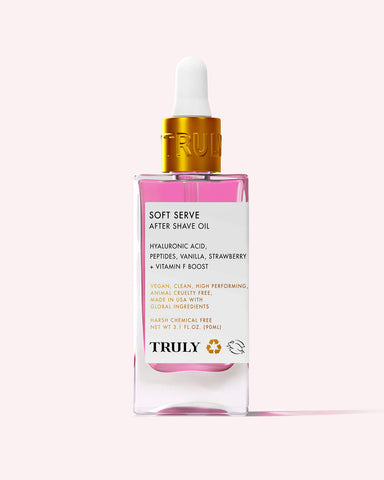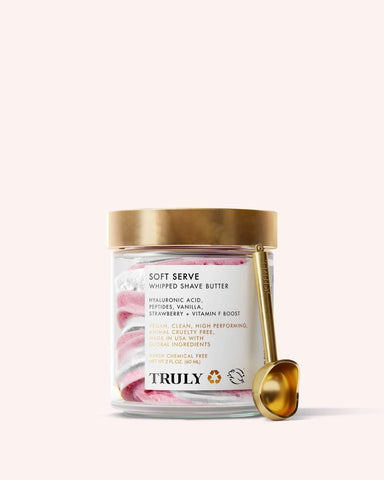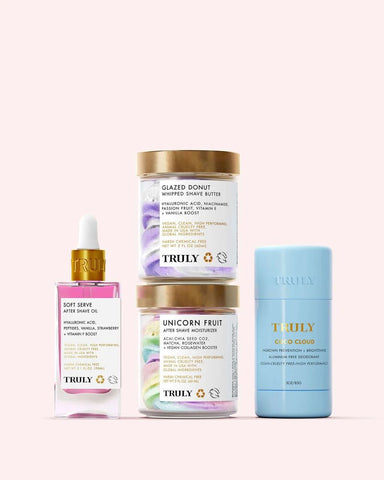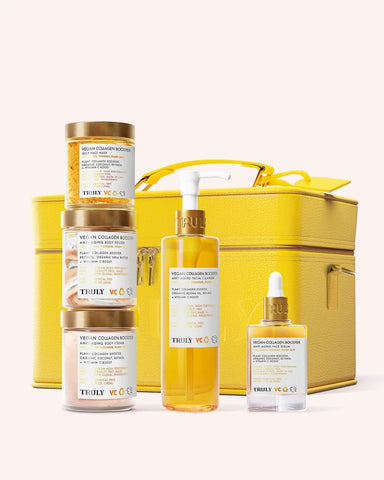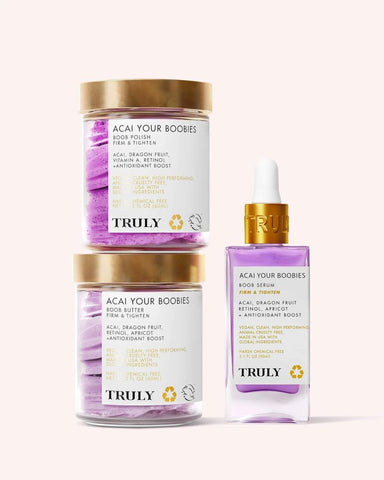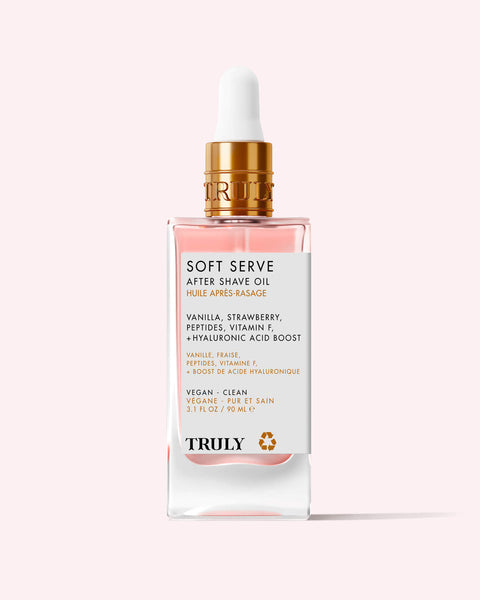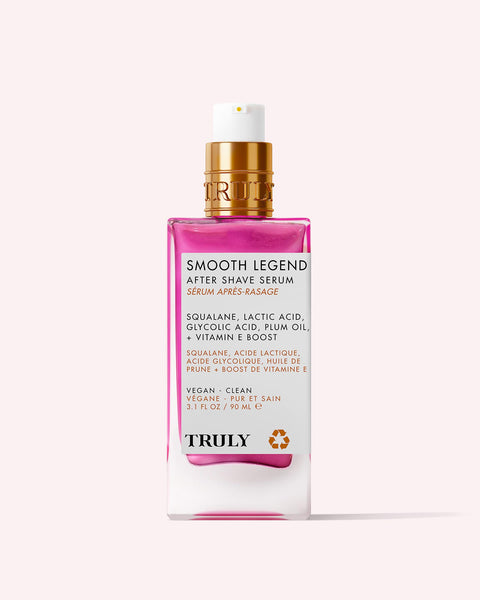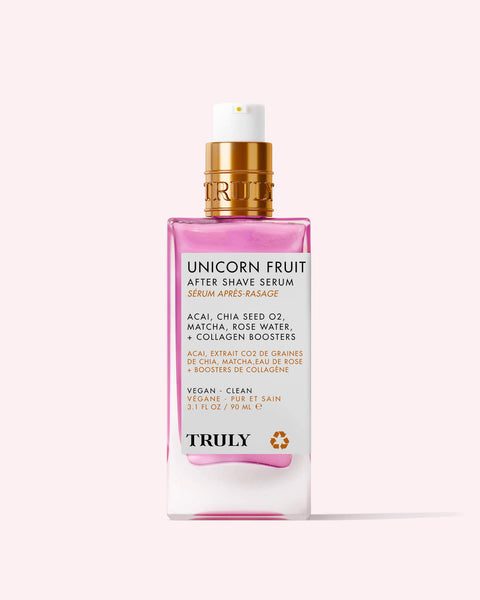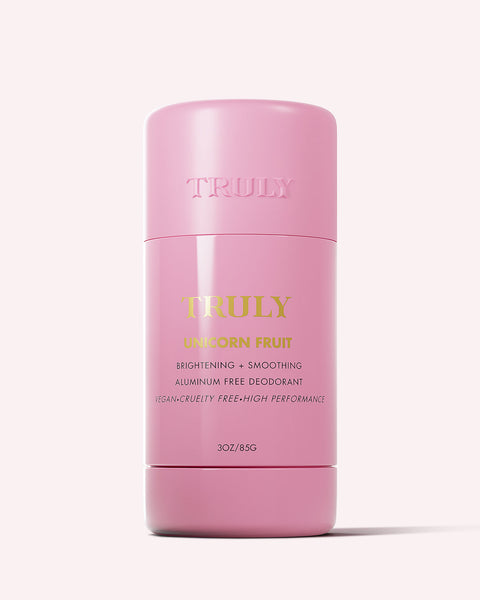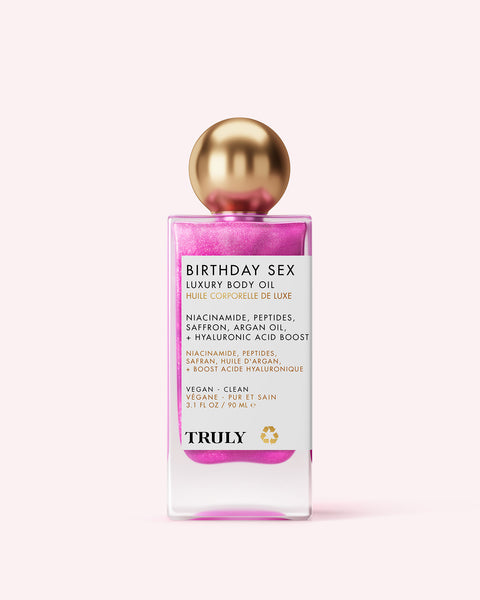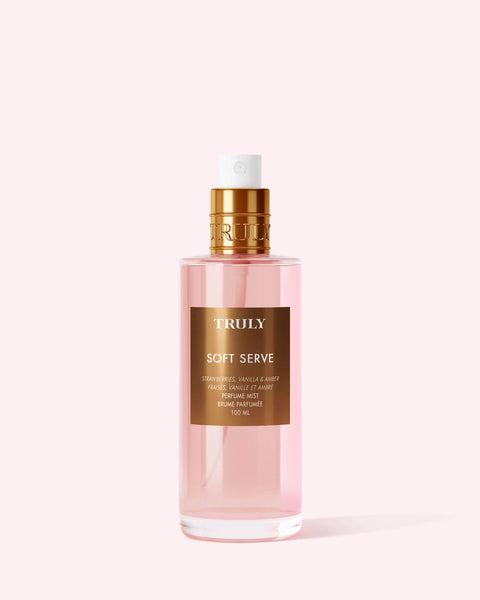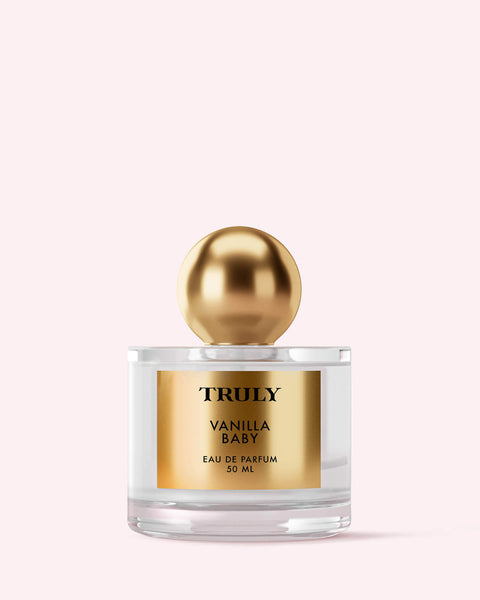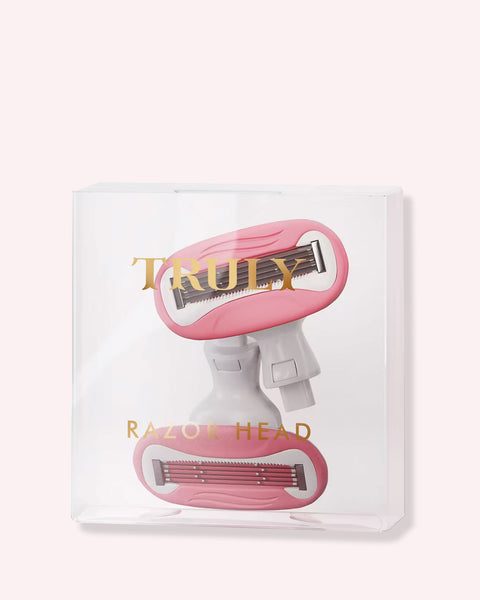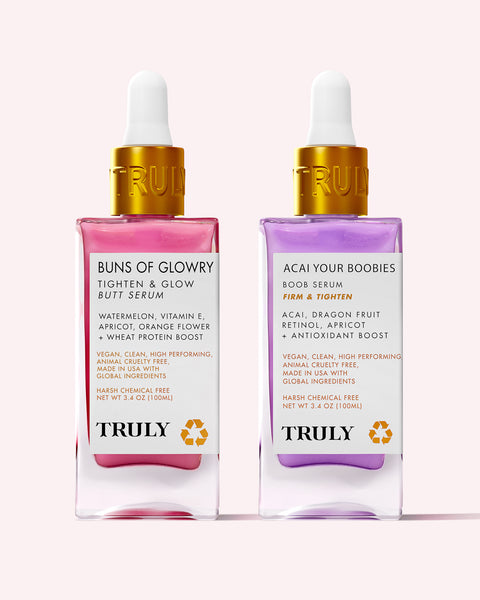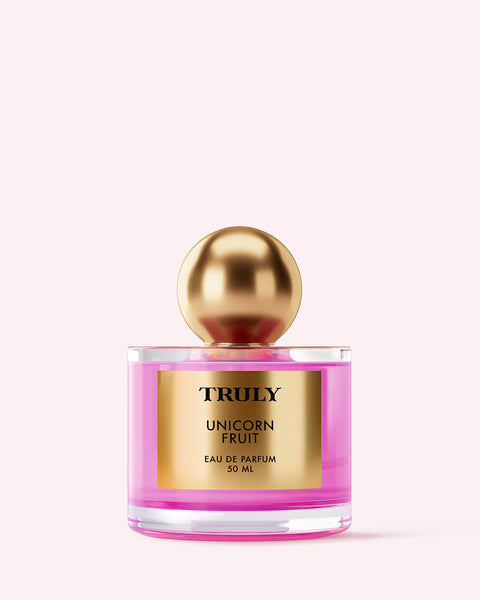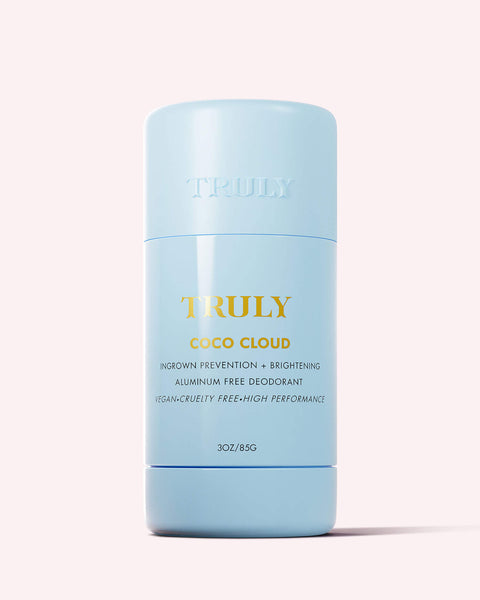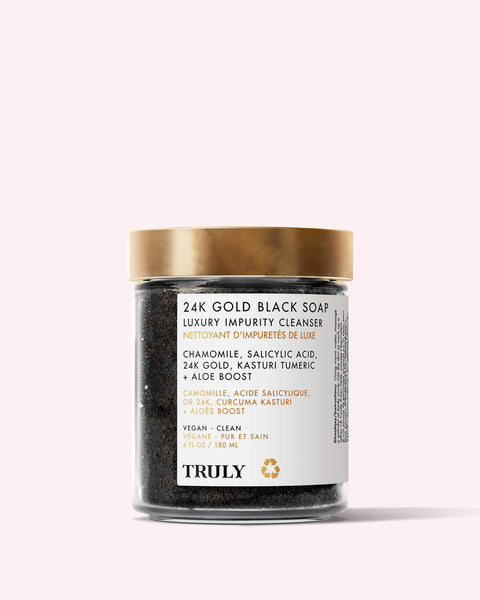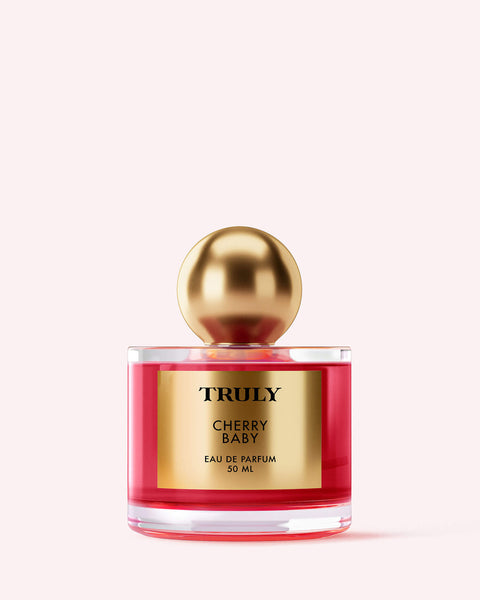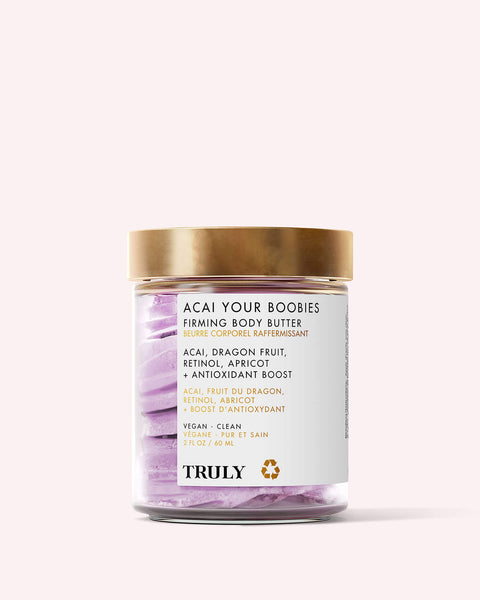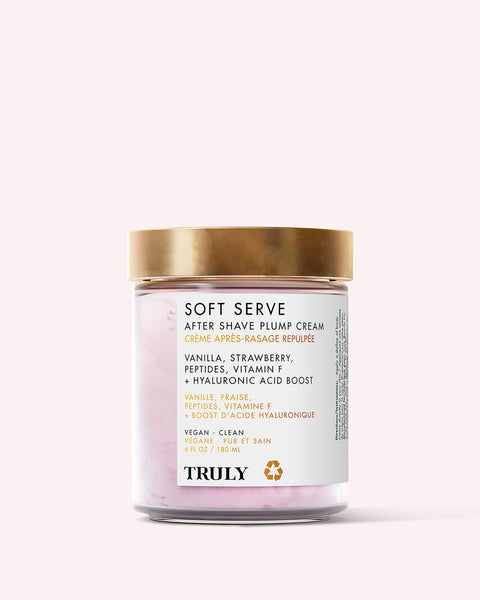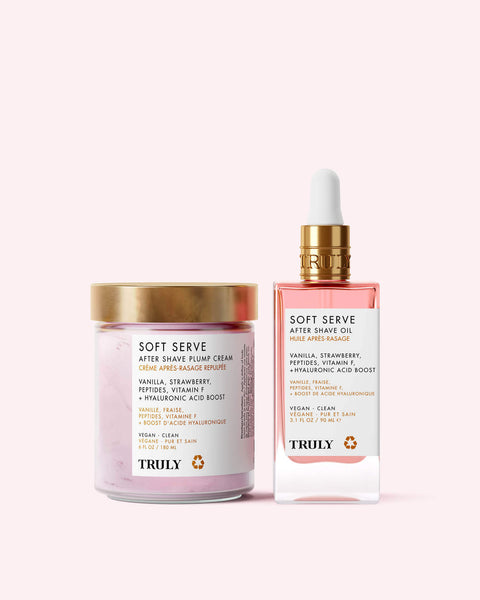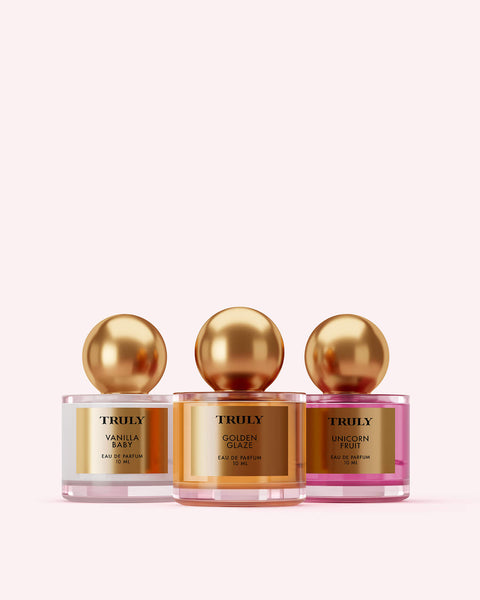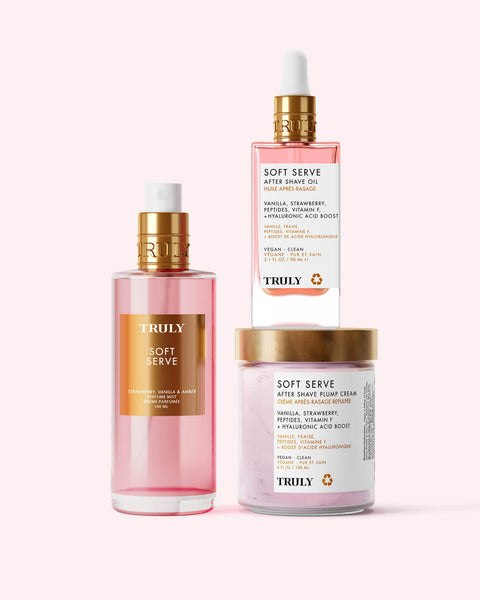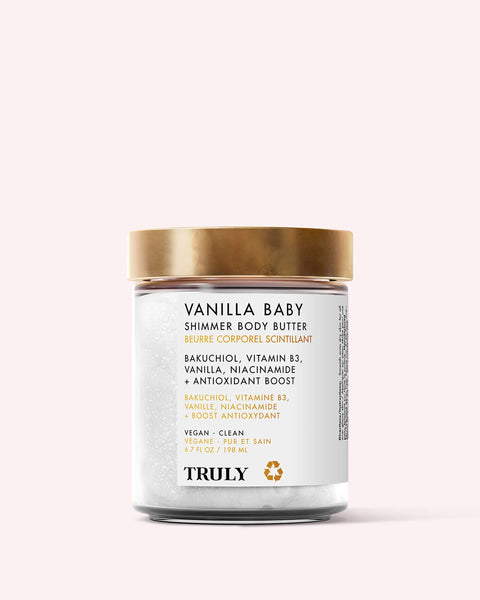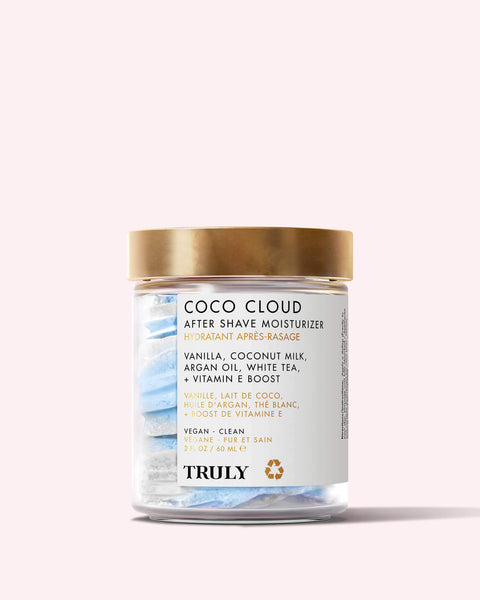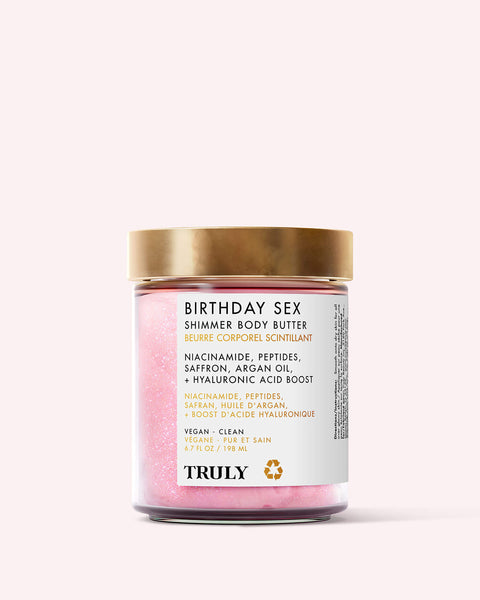Peptides vs Retinol: Which is Best for Anti-Aging?
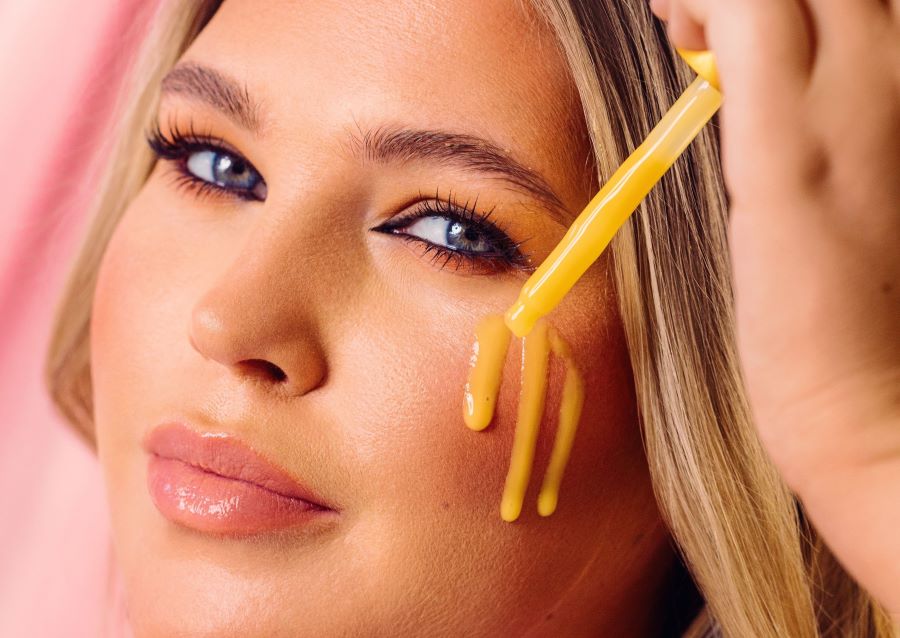
Both are well-known anti-aging ingredients, but when it comes to the peptides vs retinol debate, which one really is better at targeting fine lines and wrinkles? Peptides and retinol share a lot in common. They both help the skin to produce collagen and they both benefit the skin barrier. However, there are a few differences between peptides and retinol.
Ahead, we explore the differences between the two and which one you should choose for its anti-aging benefits: peptides or retinol?
Peptides vs Retinol
Peptides are short chains of amino acids that function primarily as the building blocks of proteins such as collagen, keratin, and elastin. Peptides help to boost collagen production and restore elasticity, giving skin a smoother, firmer appearance. What’s more, peptides can also hydrate the skin while soothing irritation.
Retinol, on the other hand, is a vitamin A derivative that’s known for its ability to increase collagen production and accelerate cell turnover. Retinol in skincare products helps to reduce the appearance of fine lines and wrinkles while improving skin tone and texture. It can also combat acne by encouraging skin cell turnover and preventing pores from becoming clogged.
Benefits of Peptides for Skin
Peptides are a powerhouse anti-aging ingredient that can help with a variety of skin concerns. Here are all the benefits of this skincare ingredient.
Smooths Out Fine Lines and Wrinkles
Peptides stimulate the skin to produce more collagen, which is why regular use can soften the appearance of lines and wrinkles. Studies show that peptides increase collagen production, which can result in a more youthful complexion. That’s why you’ll commonly find peptides in anti-aging serums, creams, and lotions.
Reduces Inflammation
While peptides are mostly famous for their age reversing effects, they also have anti-inflammatory properties which can help soothe redness and irritation. If you have sensitive skin, peptides can be extremely helpful in calming your skin. You’ll also find them in some shaving products to prevent razor burn, bumps, and rashes.
Increases Skin Firmness
In addition to reducing fine lines and wrinkles, peptides can also plump and firm the skin. They do so by increasing collagen and elasticity in the skin, making the skin look and feel noticeably more taut.
Shop Peptide Skincare
Truly’s Soft Serve After Shave Oil
SHOP NOW
A healing after shave serum developed with peptides and hyaluronic acid to combat razor burn, ingrown hairs, and red, itchy skin.
Truly’s Soft Serve Whipped Shave Butter
SHOP NOW
A whipped, rich shave butter made with peptides and hyaluronic acid to soften skin and hair for an effortless razor glide and a closer, smoother shave.
Truly’s Dreamiest Shave Set
SHOP NOW
A 4-step shave set that fights ingrowns and inflammation for days after your shave. It features a shave butter, shave oil, moisturizer, and deodorant to combat ingrowns, body odor, and discoloration.
Benefits of Retinol for Skin
Retinol, a form of vitamin A, is another powerhouse ingredient that can prevent signs of aging, among other things. Here are all the benefits of this active ingredient.
Combats Skin Aging
Studies show that retinol boosts collagen production, helping to plump out fine lines and wrinkles. It also increases skin cell turnover, giving skin a smoother, fresher appearance. That’s why you’ll commonly find retinol in anti-aging creams and serums designed to smooth and firm the skin.
Alleviates Acne
Retinoids work by spurring cellular turnover. This means fresh new cells replace old ones to keep the pores clear and breakouts at bay. Retinol is a superstar ingredient for acne as it helps to reduce oil production and banish bacteria from the pores.
Fades Hyperpigmentation
Dark spots and discoloration are the result of excess melanin that builds up on your skin as a result of inflammation or sun damage. According to research, retinol slows down melanin production, making it effective for treating hyperpigmentation. It also gently resurfaces the skin, improving overall skin texture.
Shop Retinol Skincare
Truly’s Vegan Collagen Booster Set
SHOP NOW
A comprehensive anti-aging routine that targets fine lines, wrinkles, and loss of elasticity on both the face and body with a blend of retinol, vitamin C, and plant collagen booster.
Truly’s Boobie Routine
SHOP NOW
An invisible bra in a jar! This boob lifting trio harnesses the firming powers of retinol and acai to firm and lift your breasts while combating fine lines and stretch marks for your perkiest pair.
Which is Best: Peptides or Retinol?
Both peptides and retinol are powerhouse ingredients that offer a number of benefits for the skin. That being said, there are a few differences and each has their own pros and cons. With regards to peptides vs retinol and which one wins the crown, here are some factors to keep in mind.
Retinol is generally the more potent anti-aging ingredient. Numerous studies show its effectiveness on preventing and reversing signs of aging by increasing collagen and elastin in the skin alongside its cell turnover effects. However, because of its potency, retinol can be irritating to the skin, especially sensitive skin. It’s not uncommon to experience side effects such as redness, dryness, and flaking with the use of retinol.
Peptides are equally as effective at targeting aging skin but there’s a lot less research to back it up. For that reason, retinol probably wins in the retinol vs peptides debate. That being said, peptides are anti-inflammatory and better at protecting the skin barrier. For that reason, they are more suitable for people with sensitive skin.
All in all, both peptides and retinol deserve a place in your skincare routine. Dermatologists recommend combining both in your skincare regimen. You can use peptides daily while limiting retinol use to 2-3 times per week to reduce the risk of irritation.
How to Use Peptides and Retinol in Your Routine
Peptides and retinol complement each other very well. To get the benefits of both without any unpleasant side effects, use peptides on a daily basis and use retinol 2-3 times per week. Regardless of your skin type, everyone can benefit from combining the two ingredients in their anti-aging regimen.
Just remember to finish your routine with sunscreen (SPF 30 or higher) to protect your skin against UV rays. You’re actually better off applying your retinol products at night since retinol makes skin more sensitive to the sun. Plus, UV rays can degrade retinol, making it less effective.
Alongside this, make sure you’re incorporating hydrating ingredients into your routine to lock in moisture and prevent any potential irritation from retinol. Look out for humectants and emollients such as hyaluronic acid, glycerin, and shea butter.
Peptides vs Retinol — Which Should You Choose?
Both peptides and retinol are excellent anti-aging ingredients. Retinol is more potent and probably more effective at targeting skin aging. Peptides, on the other hand, are more versatile and gentler on the skin, making them more suitable for sensitive skin.
Retinol is an all-round winner given that it’s able to treat a number of skin concerns including fine lines, acne, hyperpigmentation, and possibly even cellulite. Peptides aren’t known for their acne-fighting abilities. However, they do have one thing retinol doesn’t: anti-inflammatory properties.
Dermatologists suggest incorporating both peptides and retinol into your skincare routine to enjoy the benefits of each. However, be sure to start slow and introduce them gradually into your regimen to avoid irritation.


